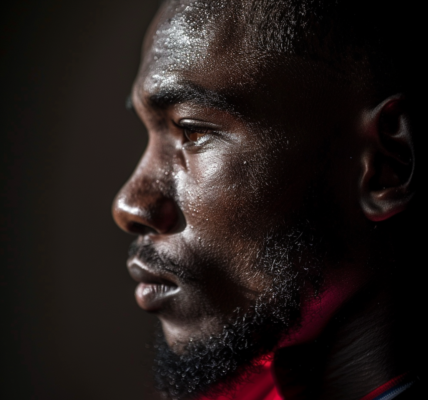In a recent discussion, Caitlyn Jenner, a prominent Fox News contributor, has voiced her strong support for a presidential candidate who prioritizes the protection of girls’ sports. Jenner emphasizes the need for a leader who will take a firm stance on issues surrounding biological girls competing in athletics. This statement comes amidst the ongoing political discourse surrounding gender and sports, particularly as it relates to transgender athletes.
Jenner’s comments highlight a growing divide in political opinions regarding the participation of transgender individuals in women’s sports. She argues that former President Donald Trump aligns more closely with the values of safeguarding opportunities for biological girls in sports than current Vice President Kamala Harris. This assertion reflects a broader sentiment among some Republican circles that advocate for the rights of biological females in competitive sports.
The debate over transgender athletes has intensified in recent years, with various states implementing legislation aimed at restricting participation based on biological sex. Supporters of these measures argue that allowing transgender women to compete in women’s sports undermines the fairness of competition, while opponents contend that such restrictions are discriminatory and harmful to transgender individuals.
Jenner’s advocacy for a candidate who will ‘set a hard line’ on this issue underscores her belief that the integrity of women’s sports is at stake. She has been an outspoken figure on this topic, leveraging her platform to raise awareness and support for policies that she believes will protect girls’ sports from what she sees as unfair competition.
As the political landscape evolves, the intersection of gender identity and sports continues to be a contentious issue. Jenner’s remarks resonate with a segment of the population that feels strongly about maintaining traditional definitions of gender in competitive environments. The upcoming presidential election is expected to bring these discussions to the forefront, as candidates outline their positions on various social issues, including the rights of transgender athletes.
In the midst of these debates, public opinion remains divided. Polls indicate that while some voters support transgender rights, a significant number express concern about the implications for women’s sports. This dichotomy presents a complex challenge for politicians as they seek to navigate the sensitive terrain of gender politics.
Moreover, Jenner’s support for Trump also reflects a broader trend among some conservative voters who believe that the former president’s policies are more aligned with their values. As the election nears, candidates will likely continue to address the topic of gender in sports, with each side presenting arguments to sway undecided voters.
As discussions around this issue continue, it is clear that the debate over transgender athletes in women’s sports is not just a matter of policy but also one of identity and representation. The implications of these discussions extend beyond the realm of athletics, influencing broader societal views on gender and equality.
With both major political parties gearing up for the election, the positions candidates take on issues like these will be crucial in shaping their platforms and appealing to their respective bases. As Jenner and others advocate for specific policies, the public will be watching closely to see how these discussions evolve in the months leading up to the election.
In conclusion, as the political climate heats up, the issue of girls’ sports and the participation of transgender athletes will remain a focal point for many voters. Jenner’s remarks serve as a reminder of the passionate opinions surrounding this topic and the potential impact it may have on the upcoming election.





